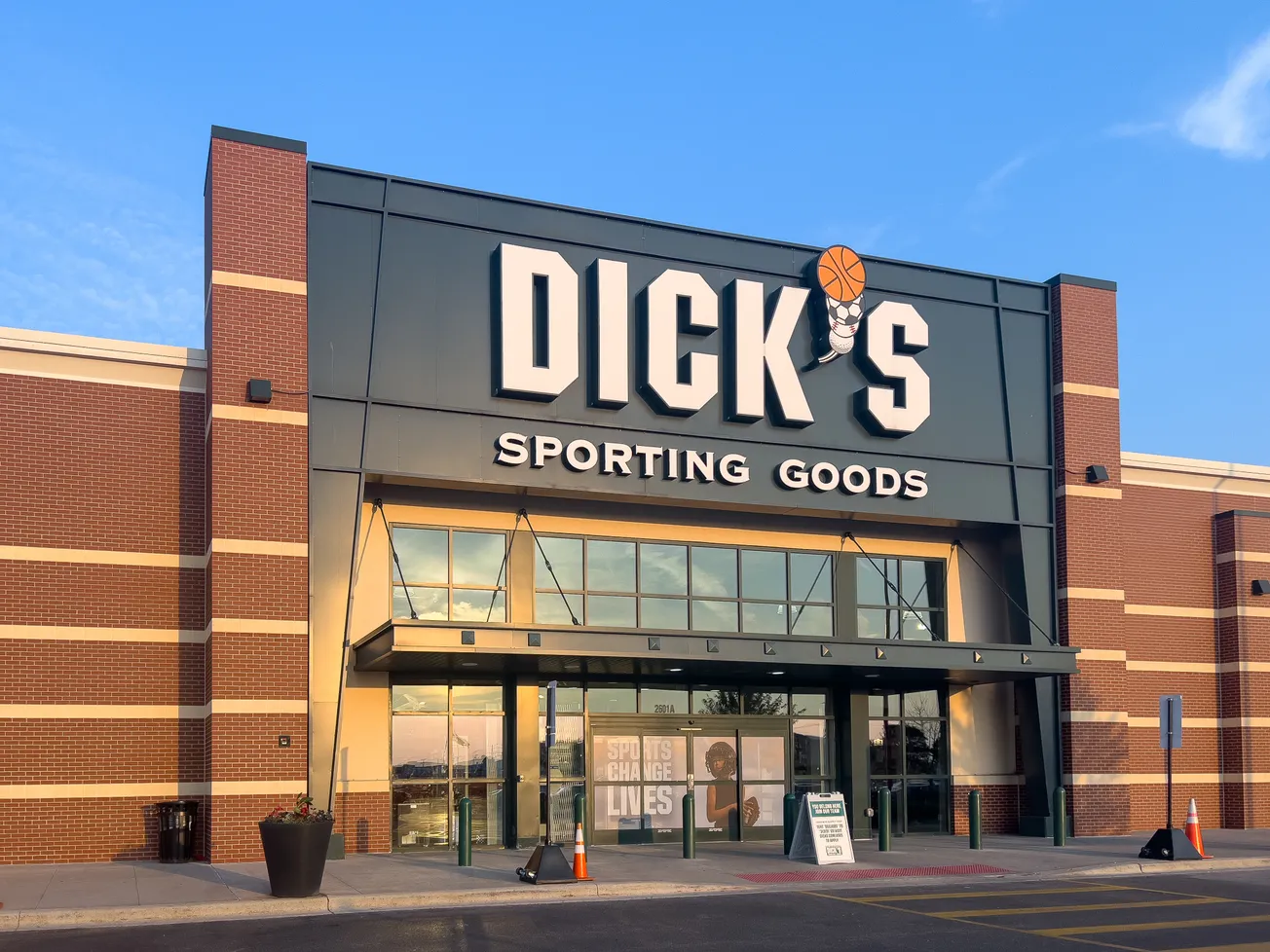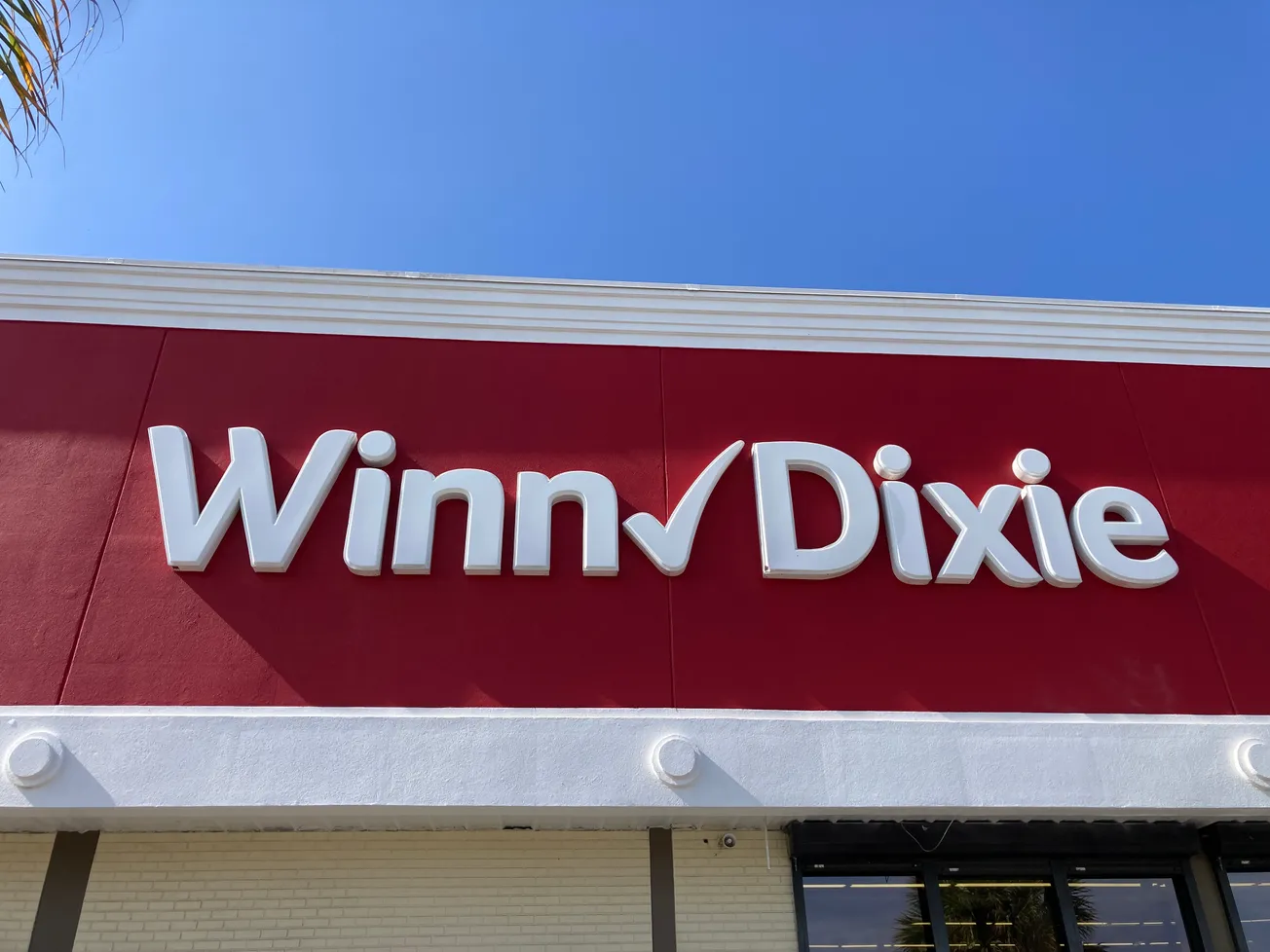True Value, a staple in the U.S. hardware market for 75 years, has filed for Chapter 11 bankruptcy, announcing plans to sell its operations to Do it Best Corp., a longtime competitor.
This decision marks a pivotal moment for True Value, which has struggled to navigate a retail landscape increasingly dominated by large-scale rivals like Home Depot and Lowe’s.
The sale agreement, valued at $153 million with the assumption of an additional $45 million in liabilities, aims to restructure True Value’s financial position while maintaining services to its network of independently owned stores.
With 4,500 stores in its network, mostly independent, True Value’s sale to Do it Best offers a lifeline for continued operations, although the future remains uncertain for its store owners regarding supply and support services.
True Value’s journey to bankruptcy reflects broader trends in the hardware retail market, where big-box retailers have increasingly taken center stage.
Companies like Home Depot and Lowe’s have leveraged their size, expansive product offerings, and advanced e-commerce platforms to dominate the home improvement sector. These chains have successfully drawn customers with competitive pricing and a one-stop-shop experience. Home Depot, for instance, reported first-quarter 2024 revenues of $36.4 billion, despite a dip compared to the previous year. The company’s ability to maintain a strong digital presence and adapt its in-store offerings underscores the competitive advantage of larger players.
True Value, meanwhile, faced challenges adapting to these shifts. Its acquisition by ACON Investments in 2018 was intended to transform the company from a cooperative to a more centralized structure, aiming for greater operational efficiency and capital investment.
However, the departure from its co-op roots also changed its relationship with member stores, leading to financial strains amid the rising costs of competing with larger rivals and investing in digital capabilities. Despite efforts to modernize, including restructuring supply chains and boosting marketing efforts, True Value ultimately could not overcome the pressures from its bigger competitors.
Do it Best, the intended buyer of True Value’s assets, presents a strategic option for the company to maintain continuity while integrating into a larger network.
Like True Value, Do it Best has focused on supporting independently owned hardware stores, aiming to provide services that help these retailers compete locally. By acquiring True Value, Do it Best will expand its reach to nearly 8,000 retail locations across 50 countries, creating a formidable network that could help it better contend with the dominance of Home Depot and Lowe’s.
Do it Best President Dan Starr described the acquisition as a major step forward, promising enhanced growth opportunities for the independent stores in the True Value network. The acquisition is positioned as a chance to merge the strengths of both brands, creating a stronger entity capable of navigating the changing dynamics of the home improvement market. The goal is to leverage the combined scale to achieve better purchasing power, more efficient supply chains, and a broader reach, providing a counterbalance to the big-box retailers that have dominated the market in recent years.
The rise of big-box chains is not the only challenge for traditional hardware retailers. The shift toward e-commerce has added another layer of complexity.
During the COVID-19 pandemic, the need for robust online capabilities became crucial, with many consumers opting for digital shopping experiences over in-store visits. True Value, despite efforts to build its online presence, struggled to match the digital infrastructure of larger chains, which could offer extensive online catalogs and streamlined delivery options. In contrast, Home Depot and Lowe’s maintained significant investments in their e-commerce platforms, ensuring they could capture both the DIY and professional market segments that increasingly rely on online purchases.
Ace Hardware, another key player in the independent hardware space, offers a notable counterpoint to True Value’s struggles.
While True Value moved away from its cooperative model, Ace has remained committed to its co-op roots, which has been a key part of its resilience. In the first quarter of 2024, Ace reported $2.1 billion in revenue, driven in part by a 9% increase in digital sales and the addition of 78 new stores.
Ace’s focus on both digital growth and maintaining a strong local presence through its member-owned stores has allowed it to continue expanding, even amid the same competitive pressures that drove True Value toward bankruptcy.
Ace’s strategic investments in expanding its digital footprint, alongside maintaining high customer satisfaction, have helped it sustain growth.
The company was ranked second in the 2024 J.D. Power U.S. Home Improvement Retailer Satisfaction Study, reflecting its focus on providing a quality customer experience both online and in stores. This success stands in contrast to True Value’s struggles, underscoring the potential benefits of maintaining a cooperative structure in a market that values local service and community ties.
The contrasting paths of True Value and Ace Hardware highlight the different strategies that can shape outcomes in a competitive market. True Value’s shift toward a centralized business model aimed at modernization did not provide the resilience needed to withstand the pressures of a market dominated by large chains and rapid digital transformation. Meanwhile, Ace’s commitment to community-oriented service and a strong digital strategy has allowed it to hold its own against larger competitors.
As True Value navigates its Chapter 11 proceedings and the potential sale to Do it Best, the broader home improvement market watches closely.
This merger could signal a new era for independent hardware retailers, with the combined resources of True Value and Do it Best potentially offering a pathway to better compete against big-box giants. At the same time, the challenges of the current market—ranging from digital transformation to the dominance of well-funded competitors—underscore the ongoing difficulties that smaller chains face. The outcome of this sale, expected to close by the end of 2024, will determine not only the future of these companies but also the shape of the hardware retail industry itself.








